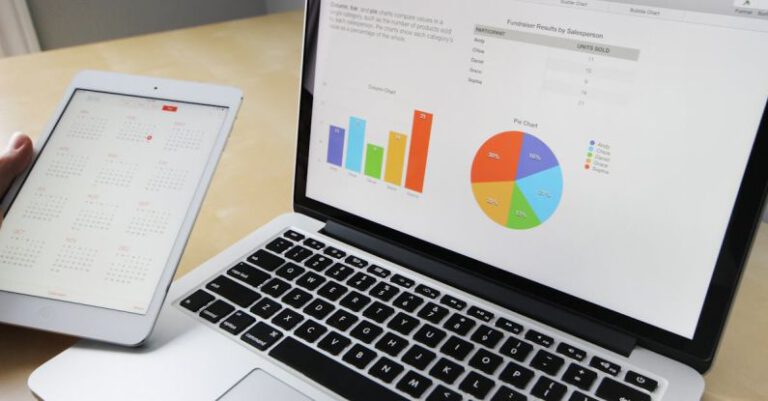The Benefits of Business Intelligence Tools
In today’s fast-paced business landscape, data holds the key to success. Companies are constantly seeking ways to gain insights from the vast amounts of information available to them. This is where business intelligence tools come into play, offering a range of benefits that can help organizations make informed decisions and drive growth.
Enhanced Data Analysis
Business intelligence tools enable companies to analyze large volumes of data quickly and efficiently. By consolidating data from various sources into a single platform, these tools provide a comprehensive view of the organization’s performance. This enhanced data analysis allows businesses to identify trends, track key performance indicators, and make data-driven decisions that can drive success.
Improved Decision-Making
One of the most significant benefits of business intelligence tools is their ability to improve decision-making processes. By providing real-time insights into business operations, these tools empower decision-makers to act swiftly and decisively. Whether it’s identifying new market opportunities, optimizing processes, or predicting customer behavior, business intelligence tools enable organizations to make informed decisions that can have a direct impact on their bottom line.
Increased Operational Efficiency
Business intelligence tools streamline data collection and analysis processes, saving organizations time and resources. By automating repetitive tasks and providing intuitive dashboards and reports, these tools allow employees to focus on more strategic activities. This increased operational efficiency translates into cost savings and improved productivity, giving businesses a competitive edge in today’s fast-paced market.
Enhanced Customer Insights
Understanding customer behavior is crucial for any business looking to stay ahead of the competition. Business intelligence tools help organizations gain valuable insights into customer preferences, buying patterns, and satisfaction levels. By analyzing customer data in real-time, companies can personalize marketing campaigns, improve customer service, and enhance overall customer experience, leading to increased customer loyalty and retention.
Predictive Analytics
Business intelligence tools leverage predictive analytics to forecast future trends and outcomes based on historical data. By using advanced algorithms and machine learning techniques, these tools can identify patterns and correlations that human analysts may overlook. This predictive capability allows organizations to anticipate market changes, identify potential risks, and capitalize on emerging opportunities, giving them a competitive advantage in today’s dynamic business environment.
Data Visualization
Effective data visualization is essential for communicating insights and trends in a clear and concise manner. Business intelligence tools offer a range of visualization options, including charts, graphs, and interactive dashboards, that make complex data easy to understand. This visual representation of data enables stakeholders at all levels of the organization to grasp key insights quickly and take appropriate action, driving better decision-making and performance.
Improved Reporting
Business intelligence tools provide customizable reporting capabilities that allow organizations to generate tailored reports based on specific business requirements. Whether it’s tracking sales performance, monitoring inventory levels, or analyzing financial data, these tools offer a range of reporting templates and formats to suit various needs. This flexibility in reporting ensures that decision-makers have access to the information they need when they need it, enabling them to make timely and informed decisions.
Competitive Advantage
In today’s digital age, data is a valuable asset that can provide a competitive edge to businesses that harness it effectively. Business intelligence tools enable organizations to leverage their data assets to gain insights, make informed decisions, and drive innovation. By investing in these tools, businesses can stay ahead of the competition, adapt to changing market conditions, and position themselves for long-term success.
In conclusion, the benefits of business intelligence tools are undeniable. From enhanced data analysis and improved decision-making to increased operational efficiency and competitive advantage, these tools offer a range of advantages that can help organizations thrive in today’s data-driven business environment. By leveraging the power of business intelligence, companies can unlock the full potential of their data and drive growth and success in the years to come.






